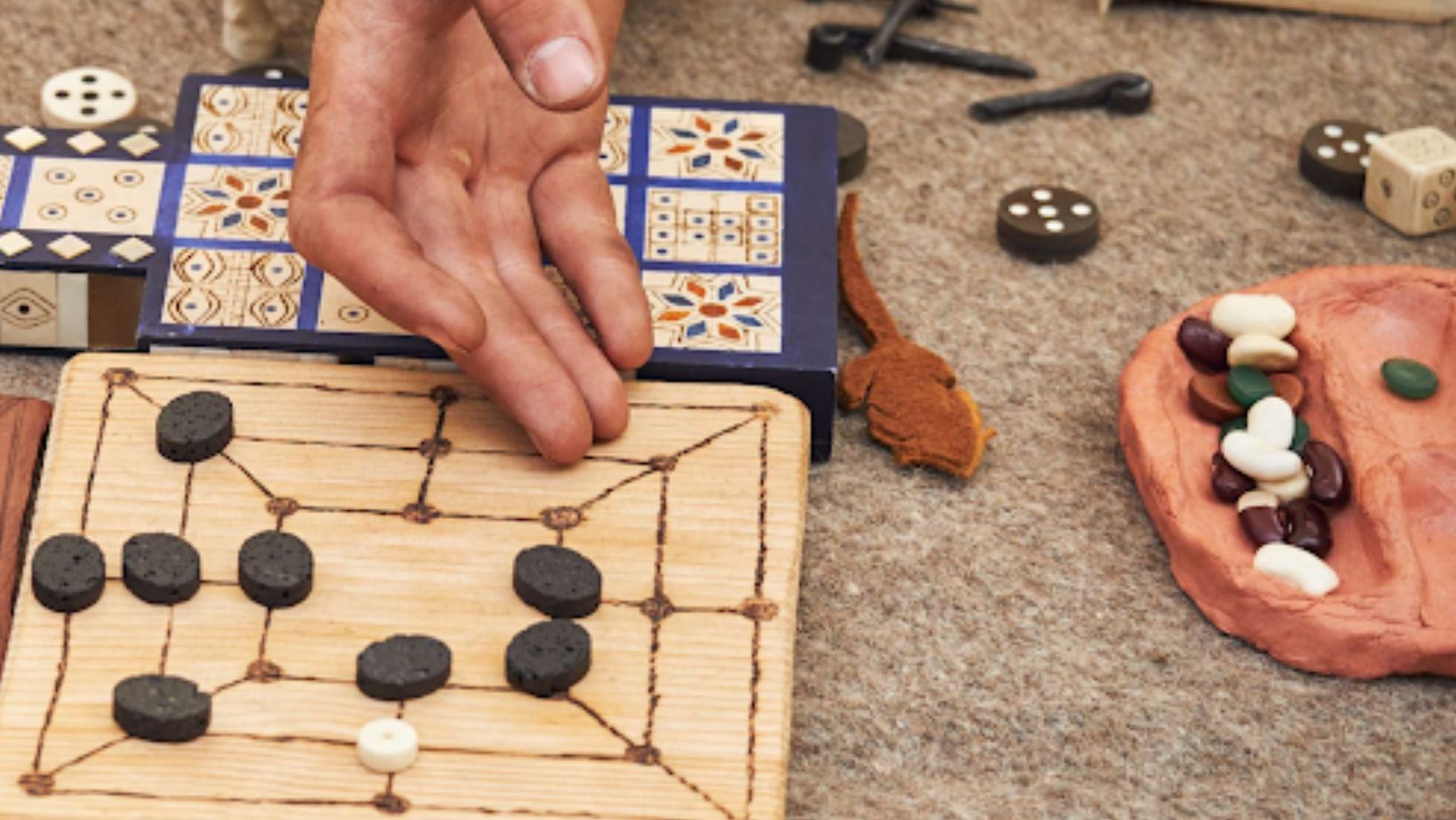
When you step inside a casino, whether an iconic venue in Las Vegas or an innovative online gaming platform, you can witness centuries of the industry’s evolution. The gambling culture is deeply rooted in ancient civilizations, with India, China, and Mesopotamia being the cradles of this entertainment. Starting from mythology, risky games have long entertained people, offering both the thrill of chance and the promise of fortune. Tracking the industry’s evolution is nothing but exciting. Have you ever thought about how this activity was conducted centuries ago?
Ancient Origins of Gambling
Thousands of years ago, long before the neon lights of modern casinos and the buzz of slot machines, people used to experiment with games of chance. Different forms of gambling were present in ancient times, as human psychology is naturally attracted to risk and unpredictability. In Mesopotamia, six-sided dice dating back to approximately 3000 BC were found. This item suggests that early forms of modern casino games originated in ancient times. You may say these could be kids’ toys or just random objects, but dice are historically connected to divination, war strategy, and betting.
Residents of Ancient India also appeared to be passionate gamblers. “Pachisi” (in modern times, it’s known as “Ludo” in various cultures) is one of the oldest dice games in the country’s mythology. It’s mentioned in the Mahabharata, an Indian epic, that revolves around the Prince losing the Kingdom, wealth, and wife after engaging in betting activities. This text also contains the first mentions of the harm caused by gambling.
The Role of Mythology and Spirituality
Gambling has long been associated with magic rituals and spirituality. In many cultures, this activity was infused by religion: people believed that rolling the dice was a way to communicate with the divine. Greeks and Romans used this system when they needed to make important decisions, heavily relying on their luck. The Fortuna Goddess was among the iconic figures in Roman mythology, symbolizing fate and chance. Until now, her presence can be felt in modern brick-and-mortar casinos, demonstrating the power of beliefs in the gambling sector.
China also boasted a fast-developing sector. Keno is widely popular in modern online casinos and brick-and-mortar clubs, and its roots go back to this country. Residents used to play this game, and the funds were invested in building the Great Wall. It set the first precedent when this risky activity became a part of the government initiative to regulate and profit from the industry.
Transition to Structured Gambling
As societies developed, the first gambling regulations and rules began appearing. Being one of the most influential empires of that time, Rome was the first to accept this entertainment at a national level. However, it was only accessible to the wealthy and the royalty. Ancient betting fans would have definitely been inspired by the chance to download the 1xBet APK online and wager on the outcomes of gladiator fights, but unfortunately, they didn’t get such an opportunity. Games of chance were an important part of spiritual festivals, where the early prototypes of modern titles were played.
In the Middle Ages, all types of risky entertainment were strictly prohibited in Europe. Religious authorities associated this activity with devils, and everyone who was detected gambling was severely penalized. The ban didn’t prevent residents from organizing underground clubs, and different cultures had their local games. New titles like the Italian “Biribi” or the French “Basset” emerged on the continent.
The Birth of Modern Land-Based Casinos
Many are confident that the modern gambling history began in Las Vegas in the 1920s, which is not the case. Nevada has become the first US state to legalize gambling activities to improve the socioeconomic climate in the region. However, it’s still not the first place to establish a gaming house. In 1638, long before the neon lights of Vegas were turned on, Il Ridotto, also referred to as the Casino di Venezia, opened its doors to visitors.
The majestic building on the Grand Canal quickly got a reputation as a luxury venue for the wealthy. Later on, this trend spread across Europe, with gaming houses in Monaco, Belgium, and Germany being founded. Many establishments that opened during that period are still operational, and players can experience history and have fun in the same places where the monarchy once did.
The Transfer to Digital: The Rise of Online Casinos
Gambling has never stopped developing, and the launch of the first digital casinos has sparked the industry’s evolution. In the 1990s, with broader Internet penetration and global access to personal computers, the world was thrilled by the new entertainment option. Adrenaline seekers no longer had to drive to brick-and-mortar venues; they got the chance to play from the comfort of their own homes.
The first digital products were heavily influenced by culturally significant games, such as those using dice and cards. In the 2020s, the industry offers a lot more excitement, powered by the following:
- Digital dice and Random Number Generators guarantee game fairness
- Live dealers, allowing you to explore the immersive casino atmosphere anywhere
- Themed slots and games are often inspired by ancient mythology
- Social gambling activities, resembling old-fashioned festivals
Global access has revolutionized the gambling sector: in the past, this activity was region-specific, while modern online casinos have no borders. The sector is projected to grow in the future, but modern players should never forget where it started.



